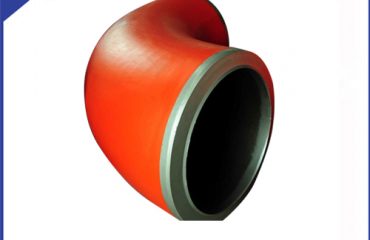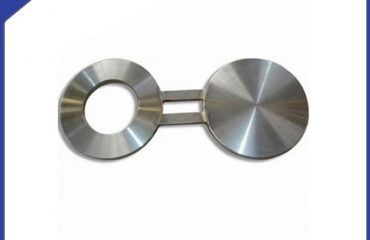
Alloy steel flanges are widely used in industrial applications for various reasons. They offer a range of benefits that make them a preferred choice over other types of flanges. This article will discuss some of the key advantages of alloy steel flanges in industrial applications.
- Strength and Durability: Alloy steel is known for its high strength and durability. Alloy steel flanges are designed to withstand high pressure and temperature conditions, making them suitable for use in demanding industrial applications. They are highly resistant to corrosion, erosion, and other forms of wear and tear, ensuring long-lasting performance.
- Versatility: Alloy steel flanges are available in a wide range of sizes, shapes, and specifications. This makes them suitable for use in various industrial applications, including oil and gas, petrochemical, power generation, and water treatment. They can be customized to meet specific requirements, offering flexibility to end-users.
- Pressure and Temperature Resistance: Alloy steel flanges are capable of withstanding high-pressure conditions, making them suitable for use in pipelines and systems that transport fluids or gases under high pressure. They also exhibit excellent heat resistance, allowing them to withstand high temperature conditions without deformation or failure.
- Corrosion Resistance: The high chromium content in alloy steel flanges provides excellent resistance to corrosion caused by chemicals, moisture, and other environmental factors. This makes them ideal for use in industries where exposure to corrosive substances is common, such as chemical processing and offshore oil and gas.
- Cost-Effective: While alloy steel flanges may have a higher initial cost compared to other types of flanges, their long-term cost-effectiveness makes them a popular choice in industrial applications. Their durable nature reduces the need for frequent maintenance or replacement, saving on overall operational costs.
- Easy Installation: Alloy steel flanges are designed for easy installation and require minimal effort for assembly. They come with standard bolt-hole patterns, making it easy to connect with pipes or other equipment. This reduces downtime during installation and ensures quick and efficient setup.
- Enhanced Safety: Alloy steel flanges are engineered to meet safety standards and regulations. They provide a secure and leak-proof connection, minimizing the risk of accidents, environmental pollution, and injuries. This is particularly crucial in industries such as oil and gas, where safety is of utmost importance.
- Compatibility: Alloy steel flanges are compatible with a wide range of pipes and fittings made from different materials. This allows for easy integration with existing systems or the use of diverse components to meet specific requirements. Compatibility ensures smooth operations and eliminates the need for additional modifications or replacements.
- High Performance: Alloy steel flanges offer excellent performance characteristics, including high tensile strength, impact resistance, and fatigue resistance. These properties make them well-suited for demanding applications that require reliable and continuous operation.
- Availability and Reliability: Alloy steel flanges are readily available in the market, and there is a wide range of suppliers and manufacturers offering them. This ensures a reliable and consistent supply for industrial applications, reducing lead times and potential delays in project execution.
 Language
Language Espanol
Espanol English
English Italian
Italian عربى
عربى
 Skype: chinamaker99
Skype: chinamaker99  Tel: 86-316-5120812
Tel: 86-316-5120812 Email:
Email:  Whatsapp:
Whatsapp: 
